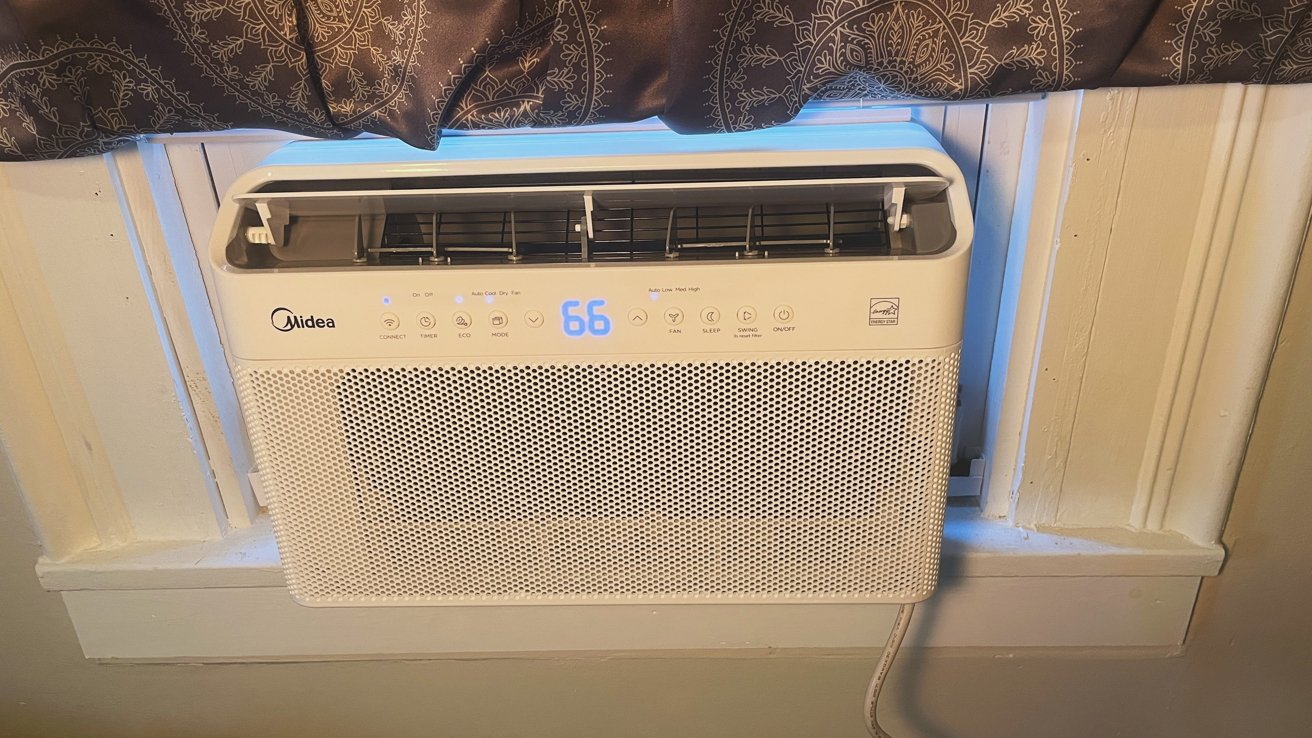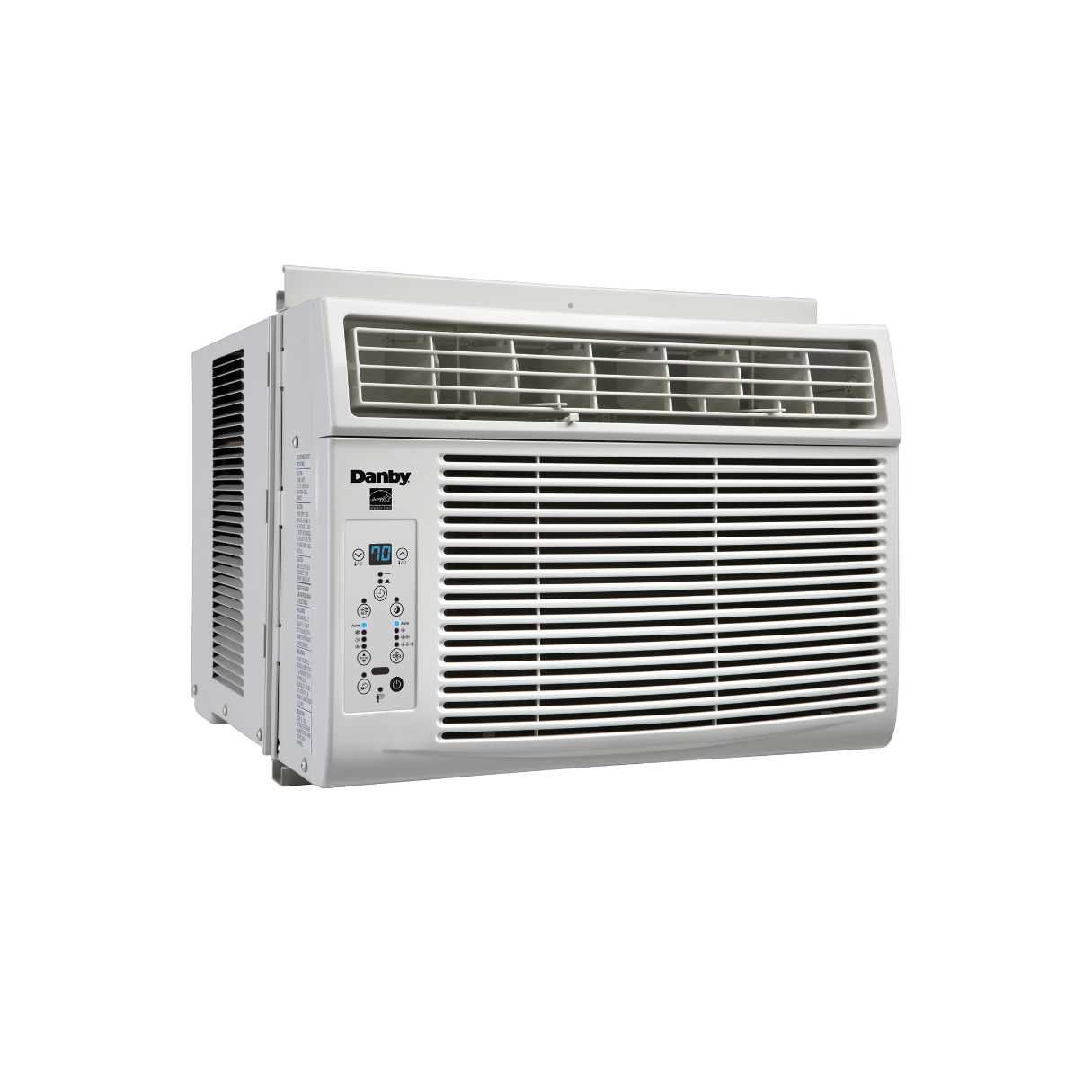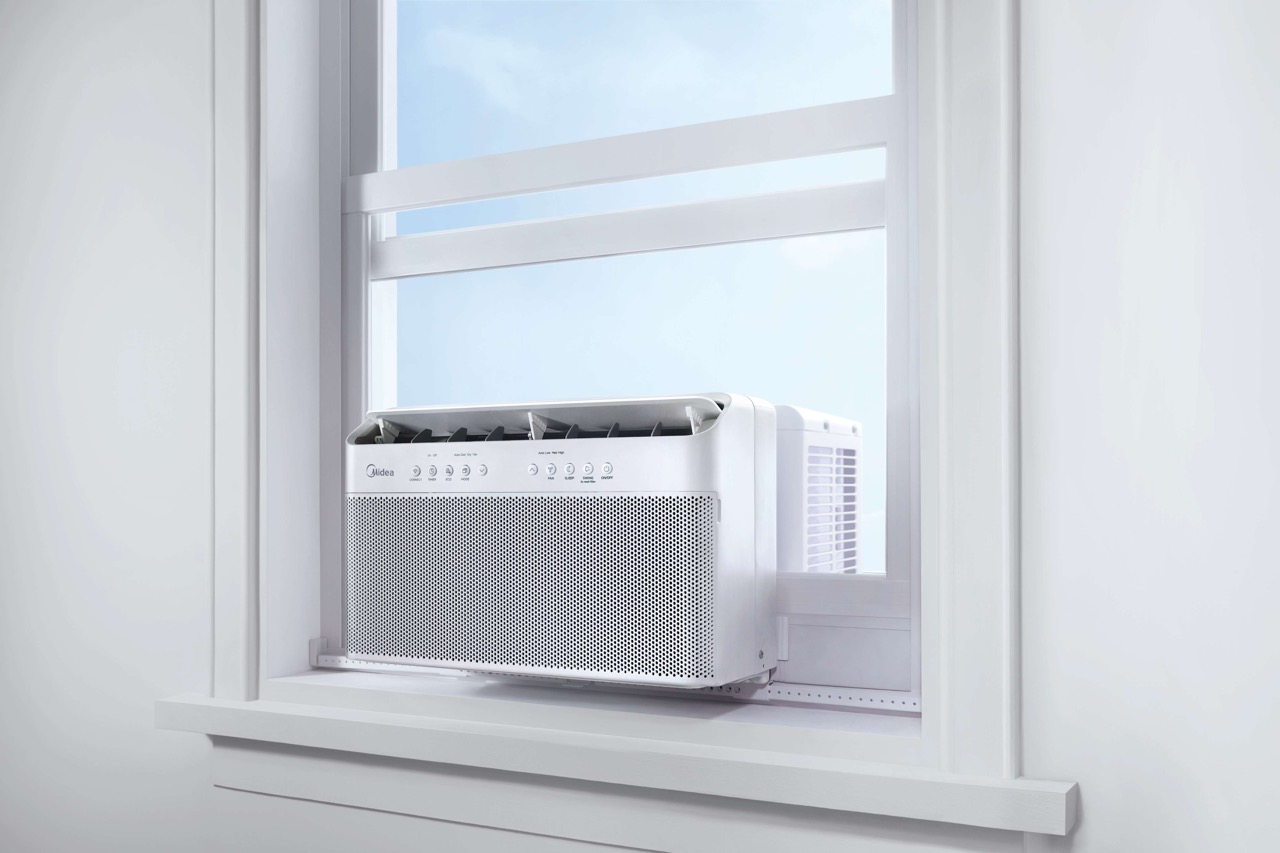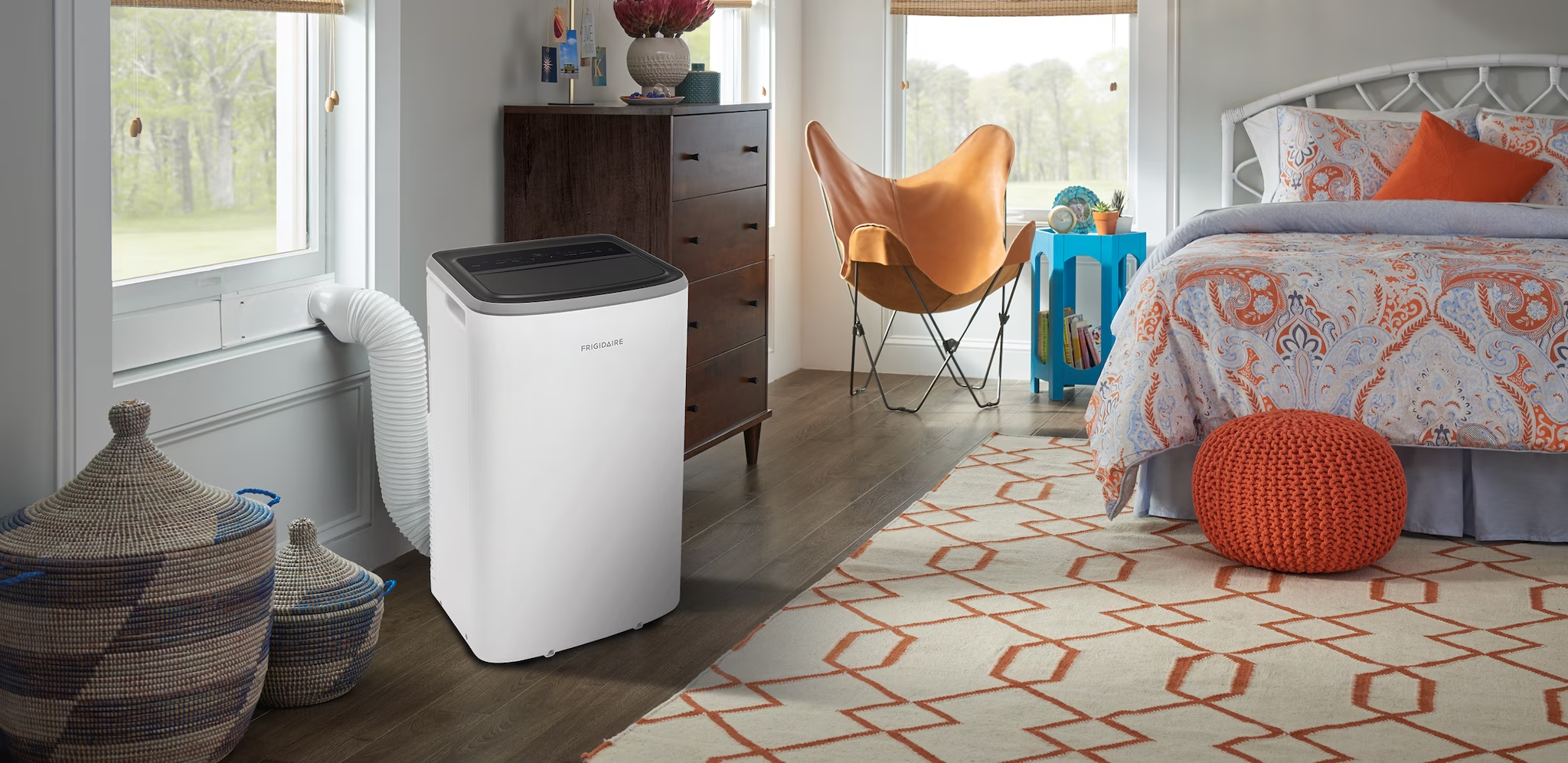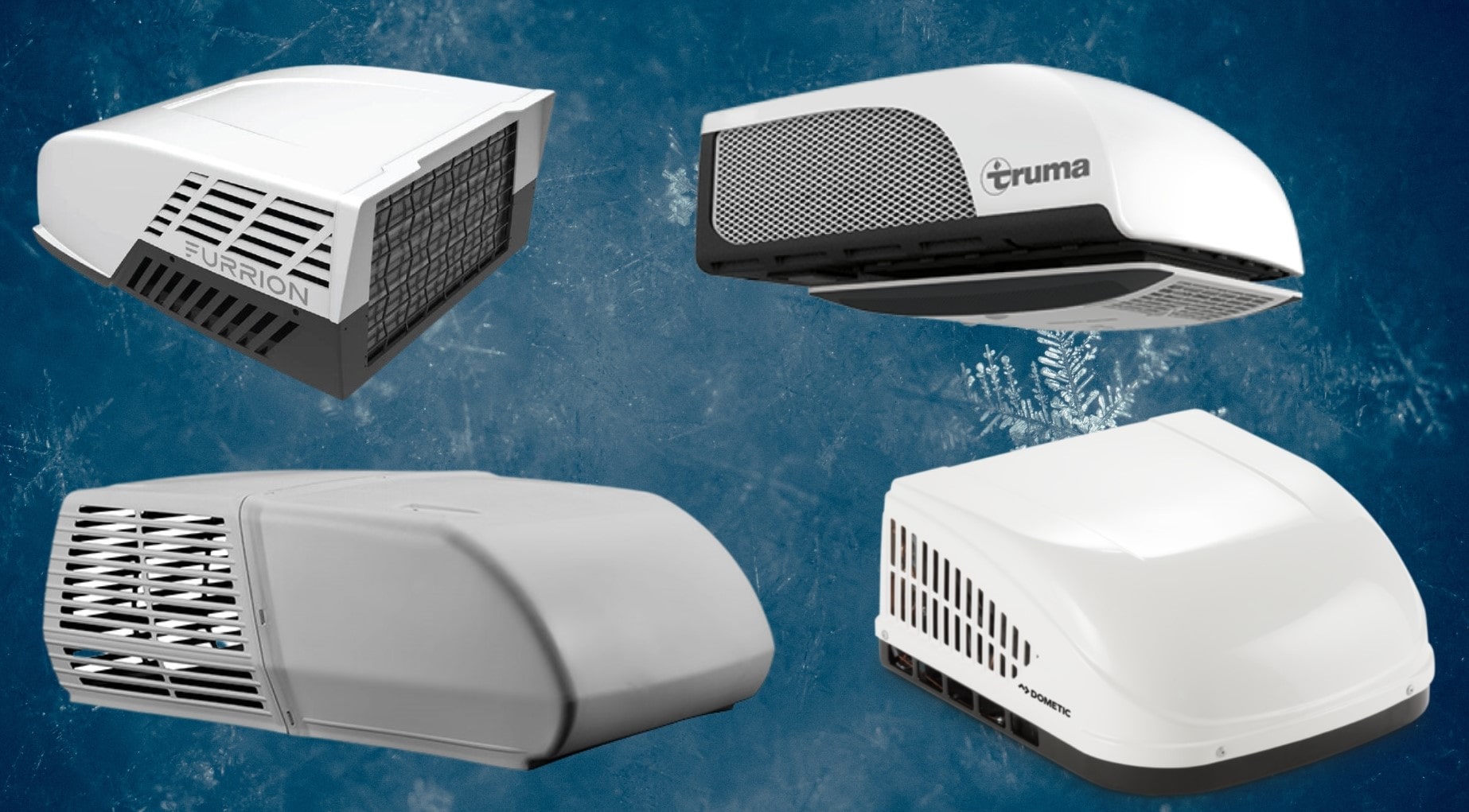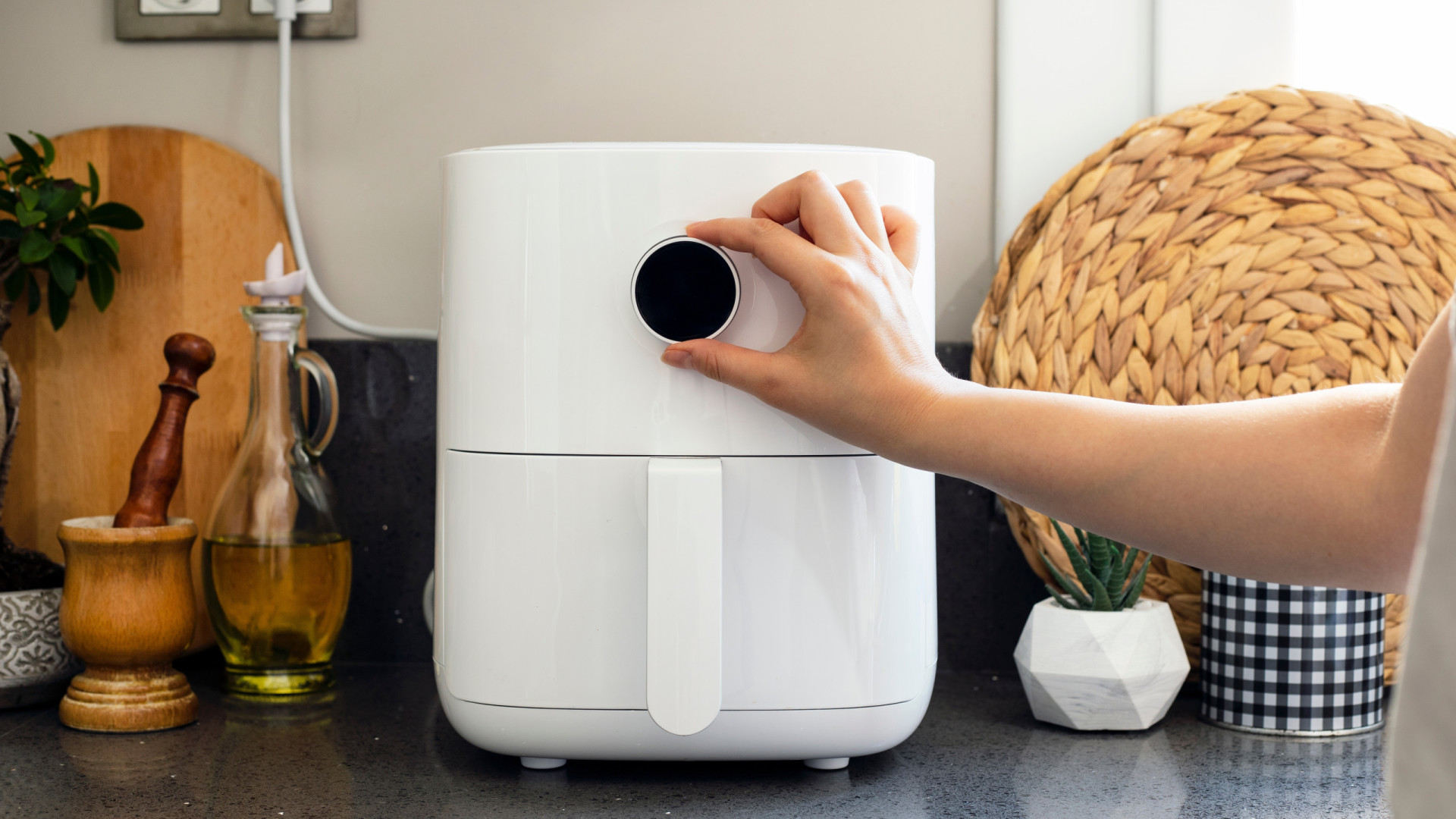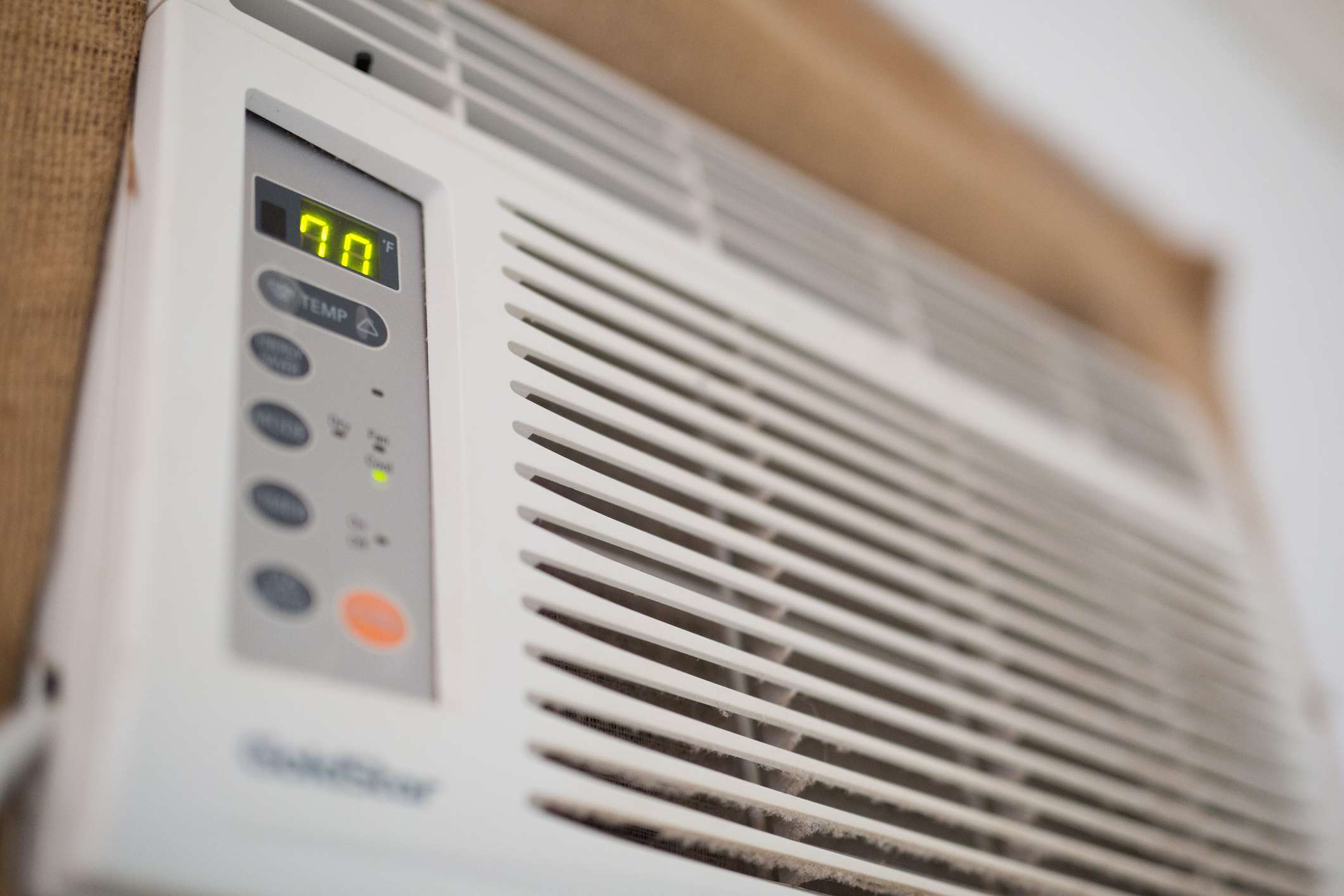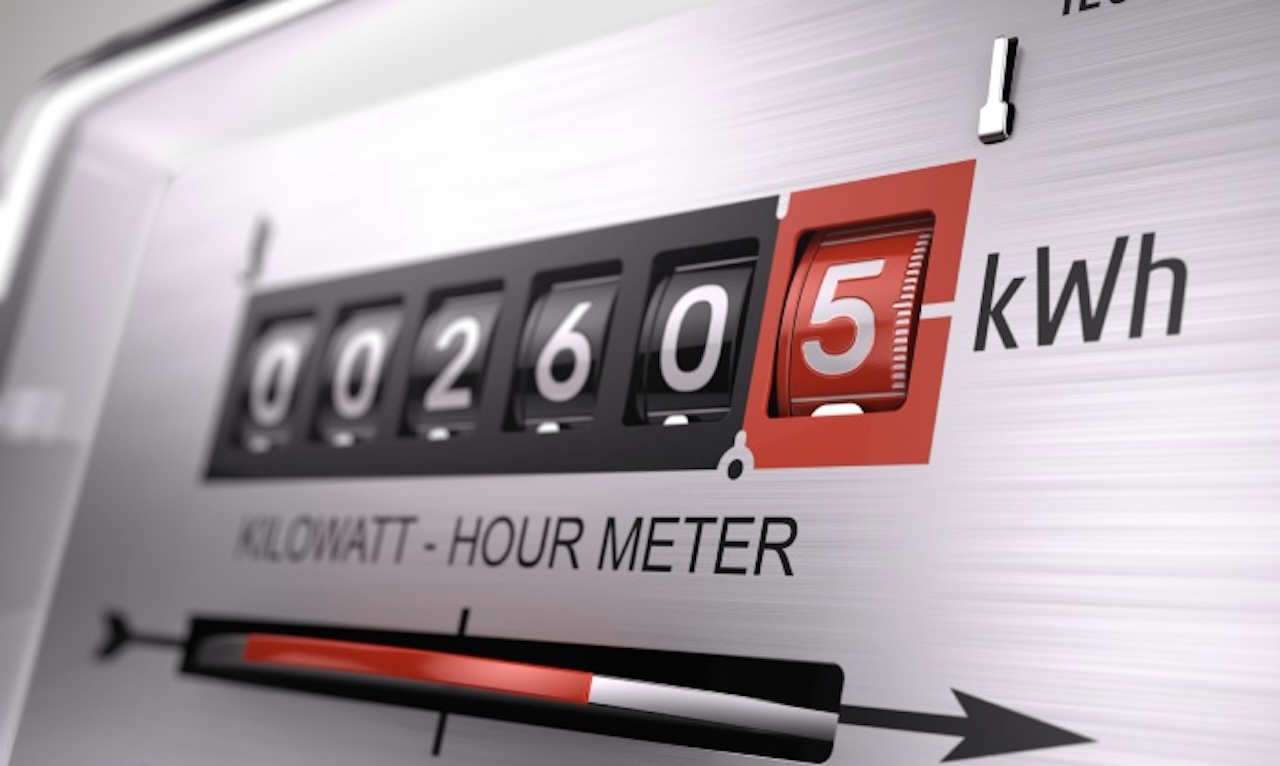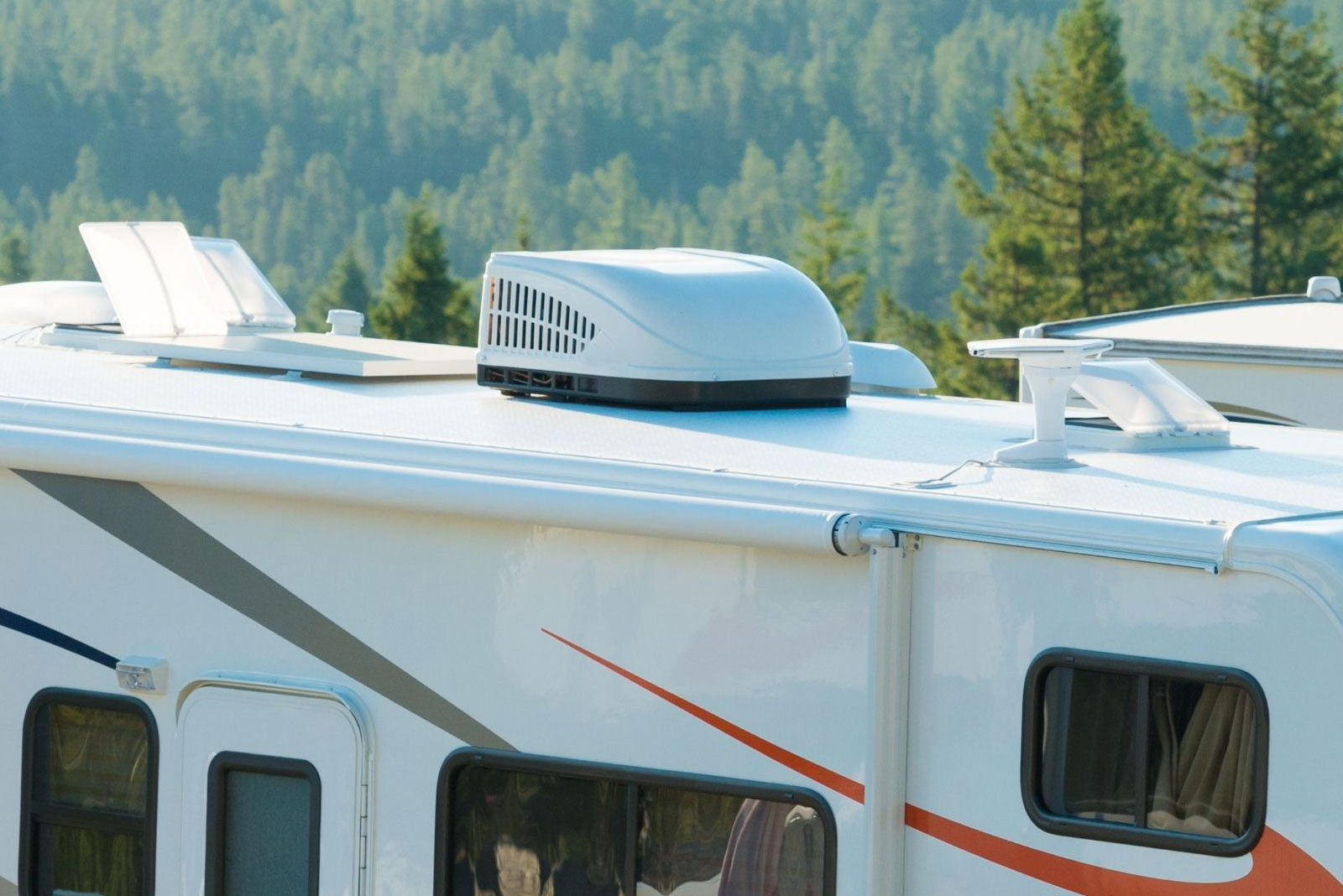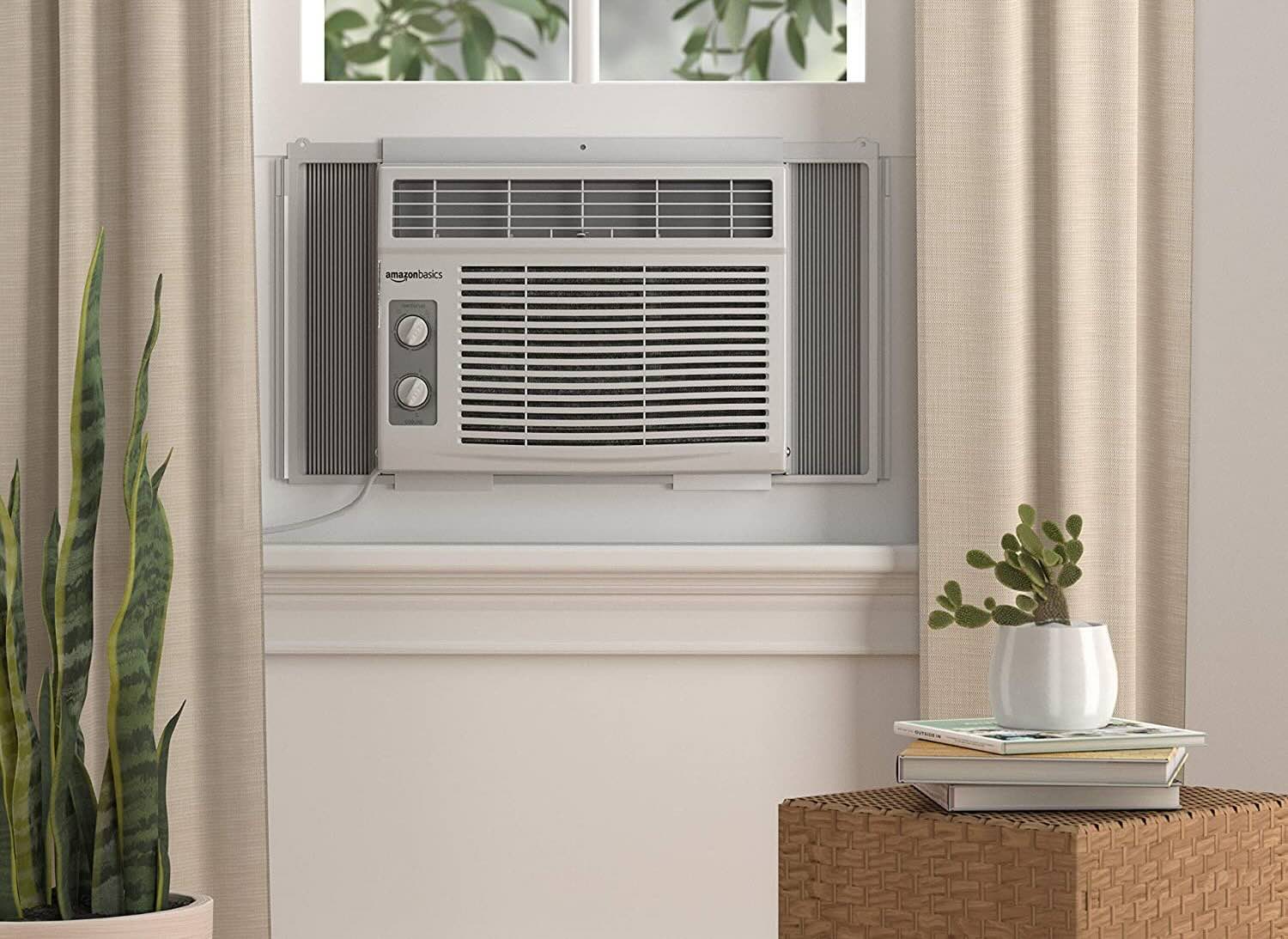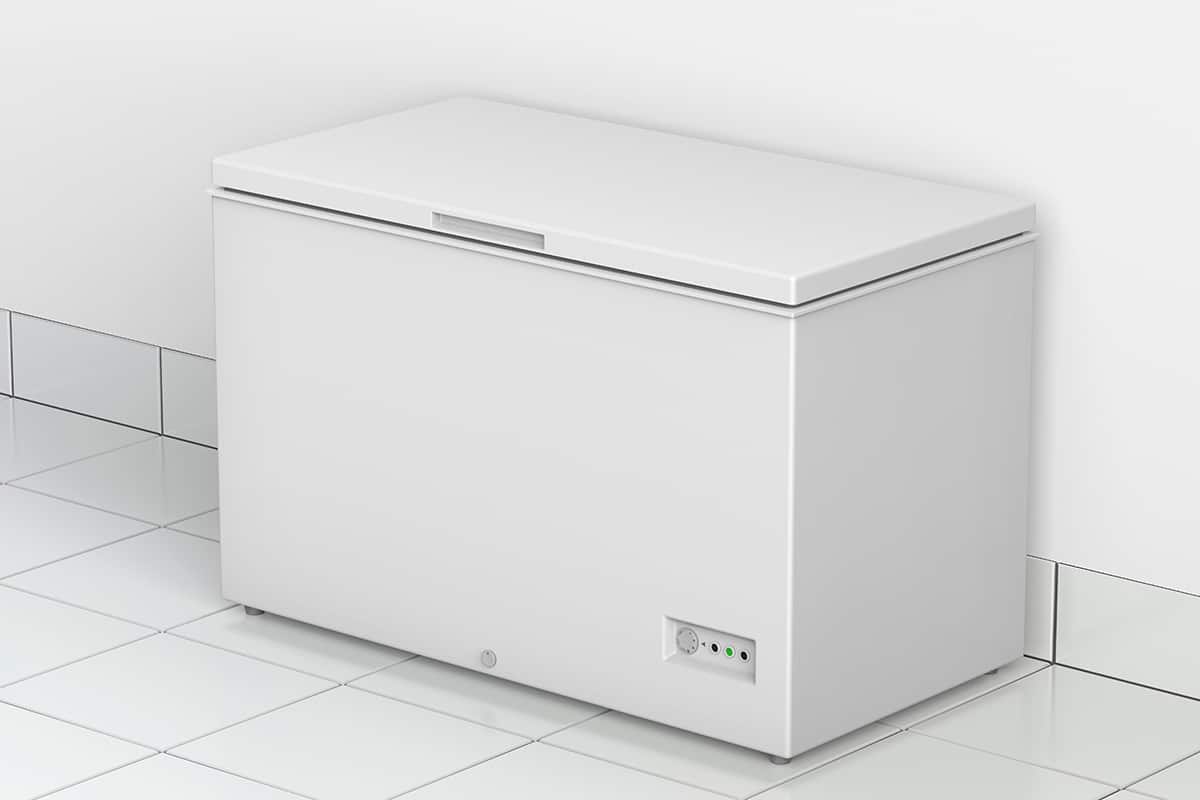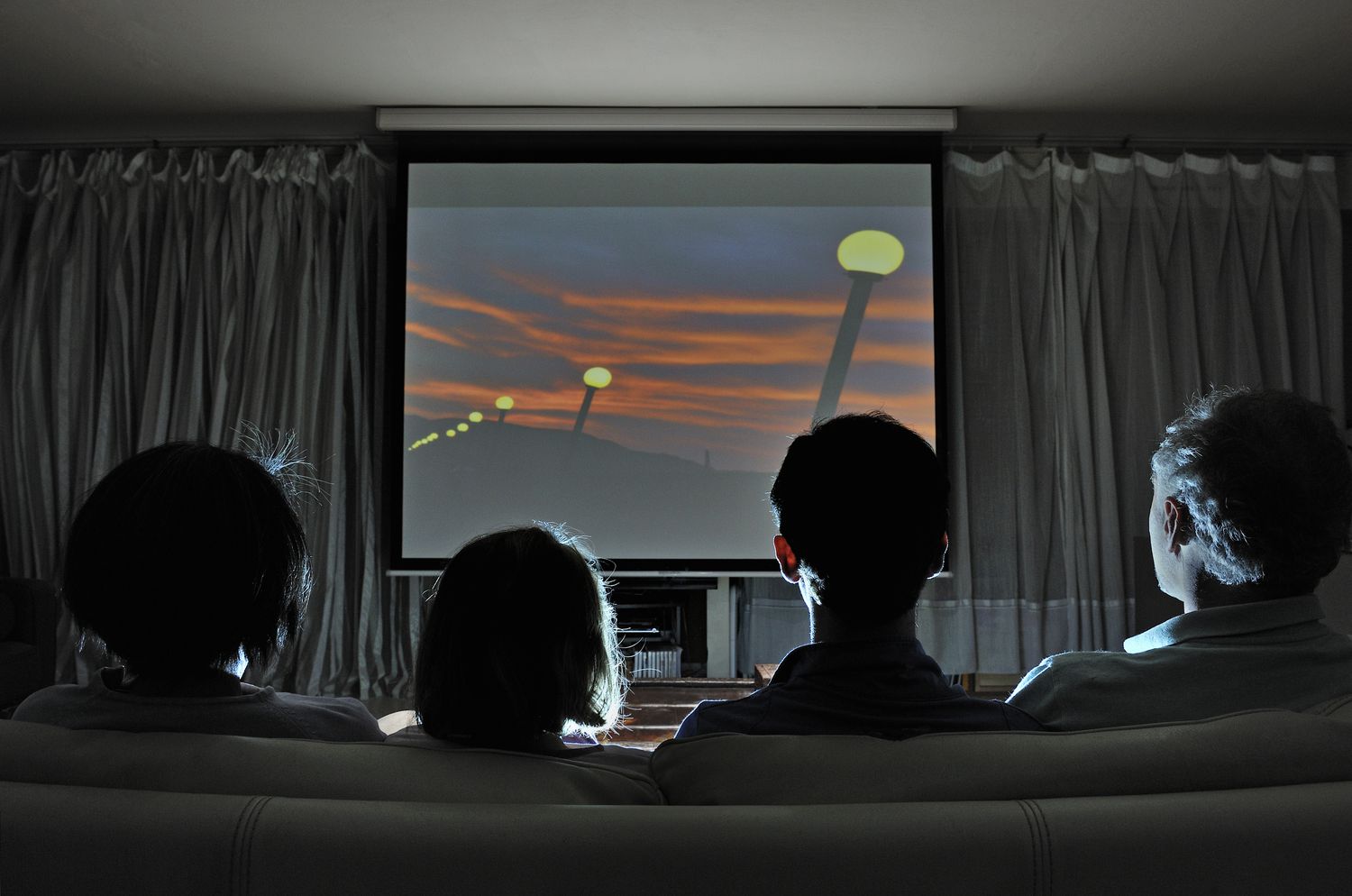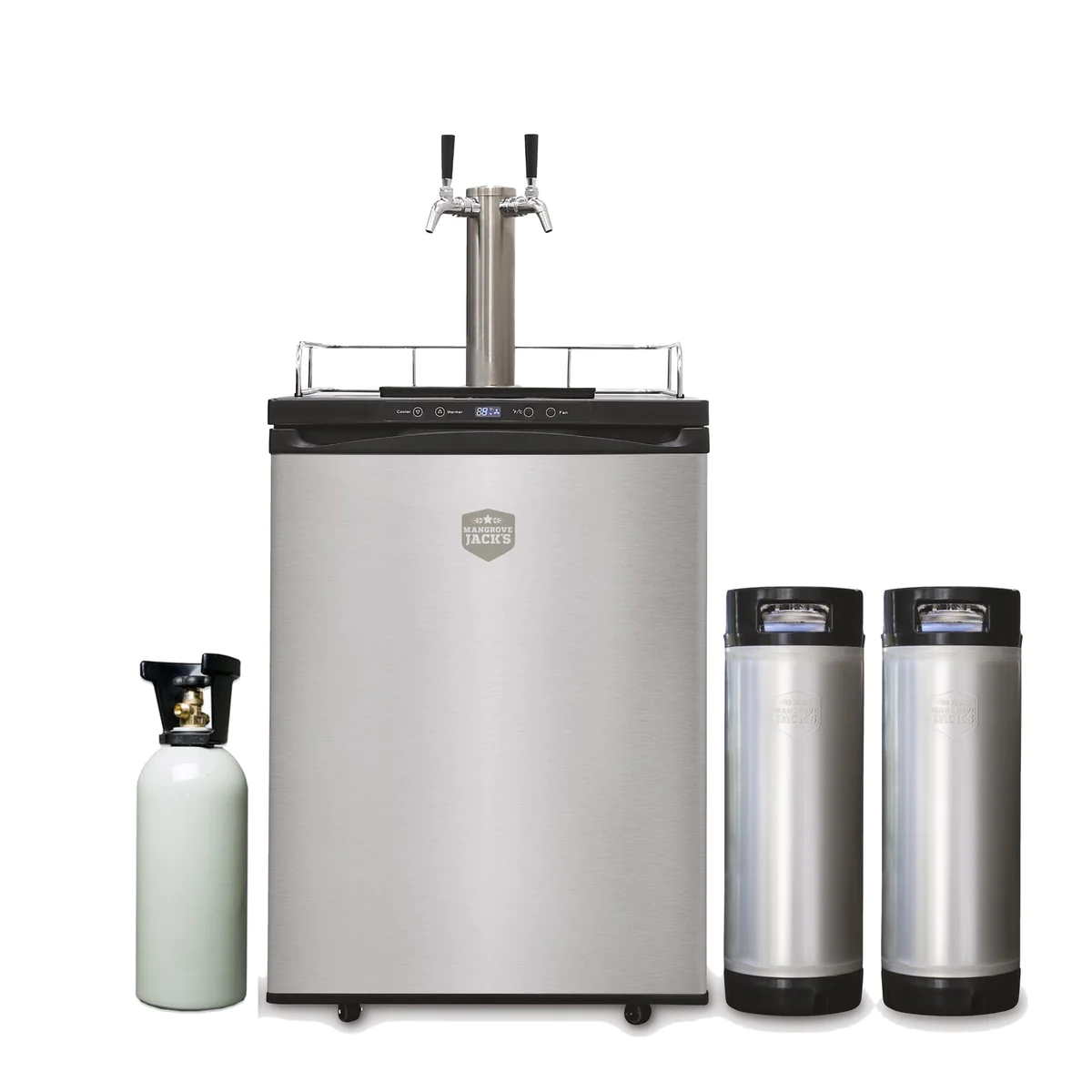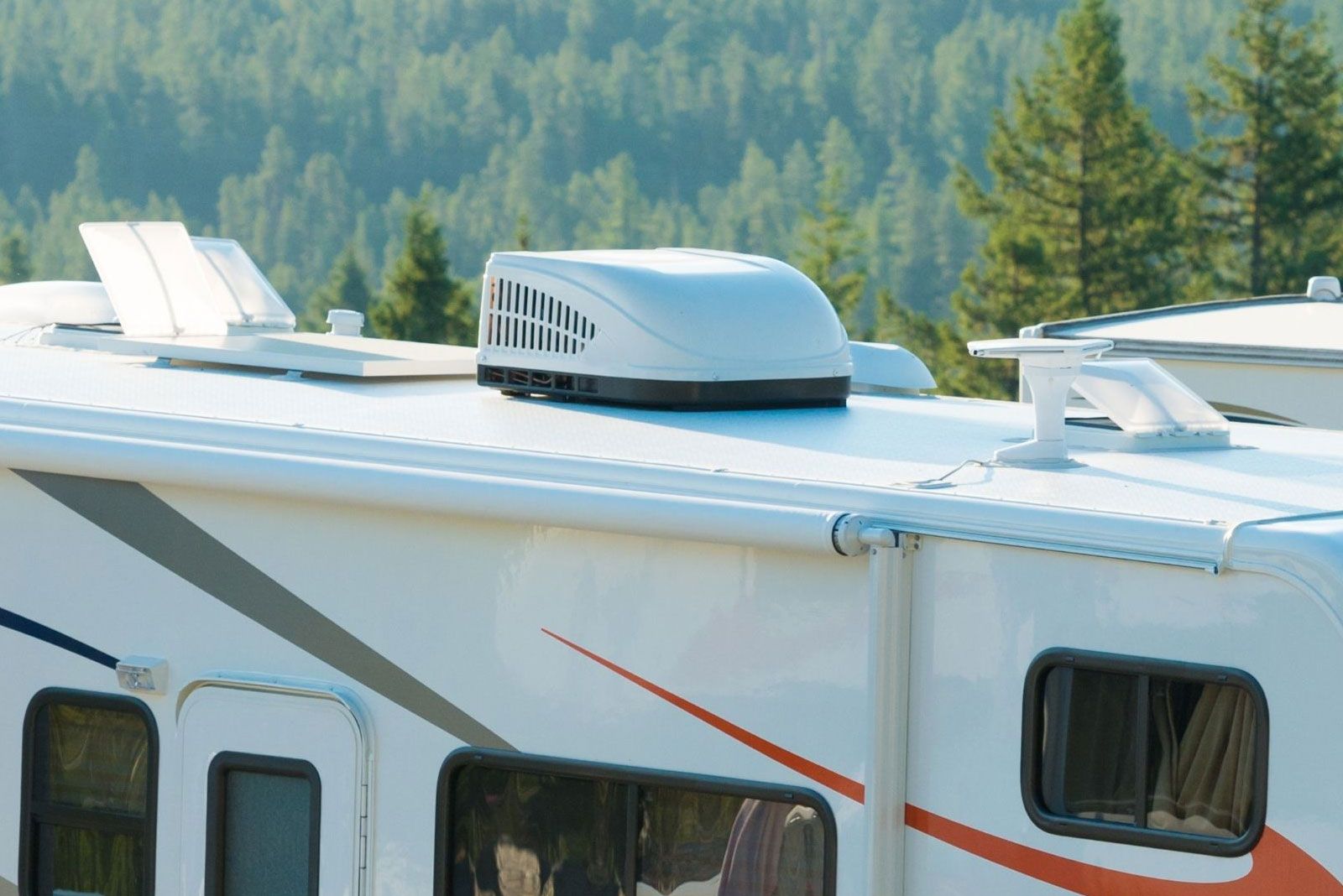Home>Home Maintenance>How Many Watts Does An Air Conditioner Use
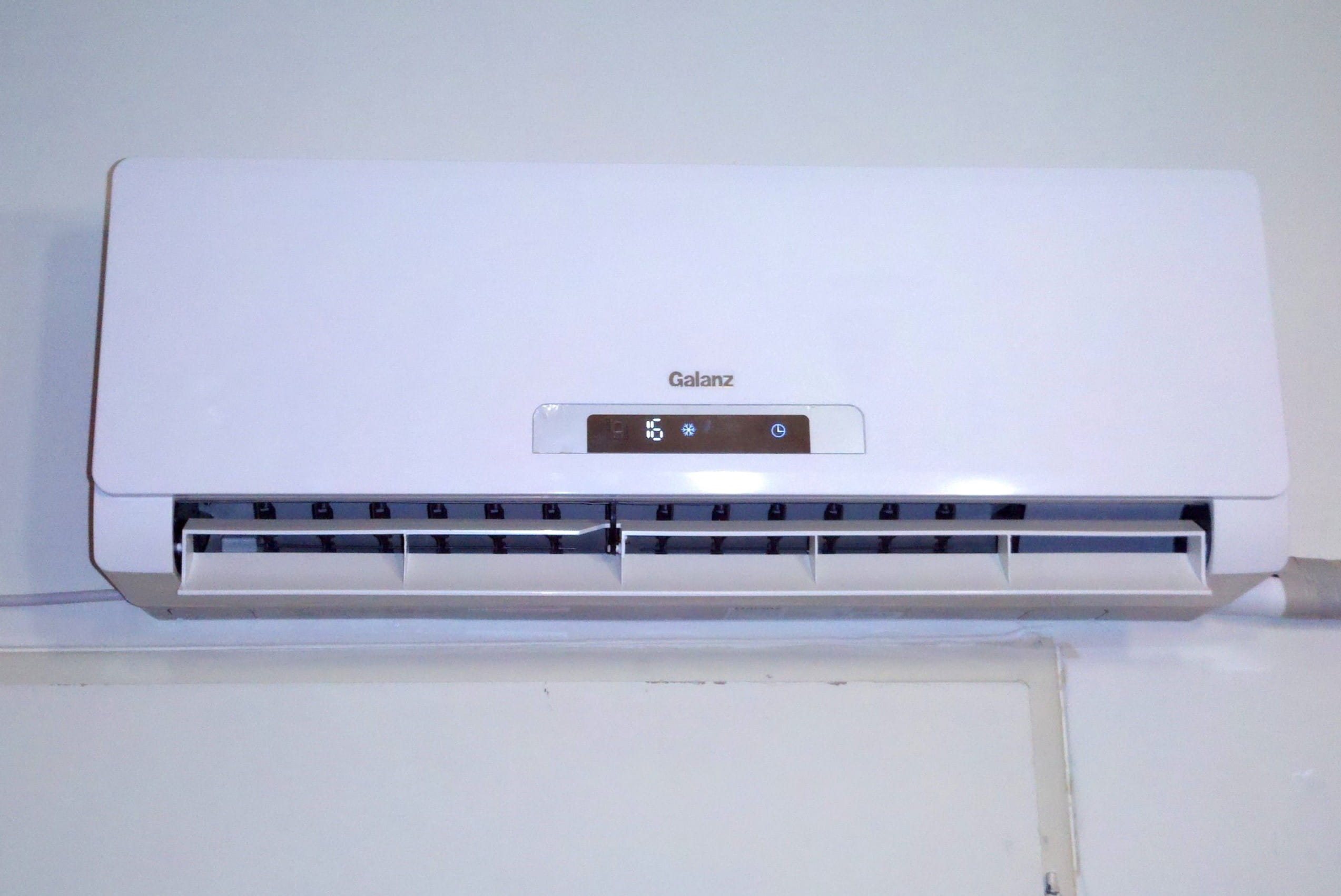

Home Maintenance
How Many Watts Does An Air Conditioner Use
Modified: March 7, 2024
Find out how many watts an air conditioner uses and get tips for home maintenance. Keep your home cool and energy-efficient.
(Many of the links in this article redirect to a specific reviewed product. Your purchase of these products through affiliate links helps to generate commission for Storables.com, at no extra cost. Learn more)
Introduction
Welcome to the world of home maintenance! One of the key appliances that keeps our homes comfortable during hot summer months is the air conditioner. However, have you ever wondered just how much power your air conditioner consumes? Understanding the wattage of your air conditioner can not only help you manage your energy usage more efficiently but also save you money on your electricity bills. In this article, we will delve into the details of air conditioner power consumption, factors that affect it, how to estimate it, and tips for reducing it. So, let’s dive in and unravel the mystery of how many watts an air conditioner uses!
Key Takeaways:
- Understand your air conditioner’s power consumption to save money and energy. Factors like size, efficiency, and maintenance affect usage. Choose wisely and use energy-saving tips for a sustainable home.
- Estimate and manage your air conditioner’s wattage. Different types have varying power consumption. Use programmable thermostats, insulation, and natural ventilation to reduce energy usage.
Understanding Air Conditioner Power Consumption
To comprehend how many watts an air conditioner uses, it is important to understand the concept of power consumption. Power consumption refers to the amount of electrical energy an appliance consumes to perform its function. For air conditioners, power consumption is measured in watts.
When an air conditioner is turned on, it starts running its compressor, which is responsible for circulating the refrigerant and removing heat from the indoor air. This process requires a significant amount of electricity to power the compressor, the fans, and other components of the system. The power consumption of an air conditioner can vary depending on several factors, such as the size and efficiency of the unit, the temperature setting, and the duration of operation.
Understanding the power consumption of your air conditioner is crucial for managing your energy usage effectively. It enables you to estimate the energy cost and determine the impact of running the air conditioner on your electricity bills. This knowledge also helps you make informed decisions when purchasing a new air conditioning system or optimizing the usage of your existing one.
Next, let’s explore the factors that can affect the power usage of your air conditioner.
Factors Affecting Air Conditioner Power Usage
Several factors can influence the power consumption of an air conditioner. By understanding these factors, you can gain insights into optimizing energy usage and reducing power consumption.
1. Size and Capacity: The size and capacity of your air conditioner play a significant role in determining its power usage. Larger air conditioners typically have more cooling capacity, but they also require more energy. It is essential to choose an air conditioner that is appropriately sized for the room or area you want to cool to avoid overconsumption of electricity.
2. Energy Efficiency: The energy efficiency rating, or SEER (Seasonal Energy Efficiency Ratio), of an air conditioner directly impacts its power consumption. Air conditioners with higher SEER ratings are more efficient and consume less energy. When purchasing an air conditioner, look for models with higher SEER ratings to save on energy costs in the long run.
3. Temperature Setting: The temperature at which you set your air conditioner can affect its power usage. Lowering the temperature significantly will require the unit to work harder and consume more energy. Consider setting your thermostat to a slightly higher temperature during peak summer months to reduce energy consumption without compromising your comfort.
4. Climate and Room Insulation: The climate and insulation of the room can impact how hard your air conditioner needs to work. In hotter climates or poorly insulated rooms, the air conditioner may need to run for longer periods to maintain the desired temperature, resulting in higher power consumption. Proper insulation and sealing of windows and doors can help minimize heat transfer and reduce the workload on your air conditioner.
5. Air Conditioner Maintenance: Regular maintenance, including cleaning or replacing air filters and ensuring proper airflow, is crucial for optimal performance and energy efficiency. A well-maintained unit can operate more efficiently, reducing power usage.
6. Usage Patterns: The amount of time your air conditioner is in use and how frequently it cycles on and off can impact its power consumption. For example, running the air conditioner continuously at lower temperatures will consume more power than using it intermittently at higher temperatures.
Understanding these factors can give you insights into how your air conditioner utilizes power. In the next section, we will discuss how to estimate the wattage of your air conditioner.
Estimating Air Conditioner Wattage
Estimating the wattage of your air conditioner is essential for understanding its power consumption and managing your energy usage effectively. While it is ideal to refer to the manufacturer’s specifications or consult an HVAC professional for accurate wattage information, you can use a general estimation method to get a rough idea.
The estimation process involves multiplying the voltage and amperage of your air conditioner. The voltage (V) is typically 120V for residential air conditioners, while the amperage (A) can be found on the unit’s nameplate or in the user manual. Multiply the voltage by the amperage to calculate the wattage (W) of your air conditioner.
For example, if your air conditioner runs on 120V and has an amperage of 10A, the wattage can be estimated as follows:
Wattage = Voltage x Amperage
Wattage = 120V x 10A
Wattage = 1200W
In this example, the estimated wattage of the air conditioner would be 1200 watts.
Remember that this estimation method provides a rough approximation and actual power consumption may vary depending on factors such as compressor efficiency, fan speed, and other operational elements. For accurate wattage information, it is always recommended to consult the manufacturer or an HVAC professional.
Now that we have an understanding of estimating air conditioner wattage, let’s move on to discussing the average power consumption of different types of air conditioners.
Consider investing in an energy-efficient air conditioner to save on electricity costs. Look for units with a high Energy Efficiency Ratio (EER) and consider using a programmable thermostat to regulate usage.
Average Power Consumption of Different Types of Air Conditioners
Air conditioners come in various types, including window units, split systems, central air conditioning, and portable air conditioners. Each type has its own average power consumption, which can help you make informed decisions when selecting the right air conditioner for your needs.
1. Window Units: Window air conditioners are designed to cool a single room or small space. On average, these units consume around 500 to 1,500 watts of power. The wattage can vary depending on the cooling capacity, energy efficiency rating, and size of the unit. It is important to choose a window unit with an appropriate capacity for the room size to optimize energy usage.
2. Split Systems: Split air conditioning systems consist of an outdoor unit and an indoor unit connected by refrigerant lines. They are more efficient and provide cooling for multiple rooms or larger areas. The power consumption of split systems ranges from 1,500 to 5,000 watts, depending on the cooling capacity and energy efficiency rating. Higher-end split systems with advanced features may have lower power consumption due to improved technology.
3. Central Air Conditioning: Central air conditioning systems cool the entire house and deliver conditioned air through a network of ducts. The power consumption of central air conditioning systems can vary significantly depending on factors such as the size of the house, the number of zones, and the energy efficiency rating. On average, these systems consume between 3,000 to 10,000 watts. Energy-efficient central systems with advanced controls and zoning capabilities can help optimize power usage.
4. Portable Air Conditioners: Portable air conditioners offer flexibility and can be moved from room to room. They range in power consumption from 800 to 1,500 watts. It is important to note that portable air conditioners exhaust hot air through a vent, which can impact their overall efficiency and power consumption.
Keep in mind that these average power consumption figures are approximate and can vary based on factors such as the size of the space being cooled, temperature settings, usage patterns, and efficiency ratings. Consulting the manufacturer’s specifications and looking for the Energy Star label can provide more accurate information about the power consumption of specific air conditioner models.
Now that we know the average power consumption of different air conditioner types, let’s explore some tips for reducing air conditioner power consumption.
Tips for Reducing Air Conditioner Power Consumption
Reducing air conditioner power consumption not only helps conserve energy but also contributes to lower electricity bills. Here are some effective tips to help you optimize your air conditioner’s power usage:
- Set the temperature wisely: Instead of setting your air conditioner to the lowest temperature, opt for a slightly higher setting that still keeps you comfortable. Each degree you raise the temperature can result in significant energy savings.
- Use programmable thermostats: Programmable thermostats allow you to set temperature schedules based on your daily routine. By adjusting the temperature when you’re away from home or asleep, you can reduce unnecessary cooling and lower energy consumption.
- Keep your home well insulated: Proper insulation of your home, including sealing windows and doors, helps prevent cool air from escaping and hot air from seeping in. This reduces the workload on your air conditioner and lowers power consumption.
- Block out the heat: Use window coverings such as blinds, shades, or curtains to block out direct sunlight during the hottest parts of the day. This prevents heat from entering your home and reduces the need for excessive cooling.
- Maintain your air conditioner: Regular maintenance, such as cleaning or replacing air filters, ensures proper airflow and efficient operation. Dirty filters restrict airflow, making the system work harder and consume more power. It is recommended to clean or replace filters every one to three months.
- Utilize natural ventilation: Take advantage of cooler evenings and nights by opening windows and using fans to circulate fresh air. This can provide a natural cooling effect and reduce the reliance on your air conditioner.
- Use ceiling fans: Ceiling fans create a gentle breeze that can make a room feel cooler. By using ceiling fans in conjunction with your air conditioner, you can raise the thermostat a few degrees and still maintain comfort while reducing power consumption.
- Consider efficient cooling alternatives: In some cases, alternative cooling methods such as evaporative coolers or fans may be sufficient to keep you comfortable, especially in regions with lower humidity. These options typically consume less power than traditional air conditioners.
By implementing these tips, you can significantly reduce your air conditioner’s power consumption and contribute to a more sustainable and energy-efficient home. Always remember to choose energy-efficient models and consult with HVAC professionals for personalized advice on optimizing your air conditioner’s power usage.
And that concludes our exploration of air conditioner power consumption, factors affecting it, estimating wattage, average power consumption of different types of air conditioners, and tips for reducing power usage. By applying this knowledge, you can make informed decisions about your air conditioning system and maintain a comfortable living environment while keeping energy consumption in check.
Conclusion
Managing air conditioner power consumption is crucial for both energy conservation and cost savings. By understanding the factors that affect power usage and implementing energy-saving strategies, you can optimize the efficiency of your air conditioner and reduce your environmental impact. In this article, we explored the concept of air conditioner power consumption, factors that influence it, methods to estimate wattage, average power consumption of different types of air conditioners, and tips for minimizing power usage.
Remember, it’s essential to choose the right-sized air conditioner for your space, maintain your unit regularly, and utilize energy-efficient practices. Setting your thermostat wisely, utilizing natural ventilation, and considering alternative cooling methods are effective ways to reduce power consumption without compromising your comfort.
As homeowners, it is our responsibility to make informed decisions regarding energy usage. By implementing the tips mentioned in this article and staying mindful of your air conditioner’s power consumption, you can contribute to a more sustainable future while enjoying the cool comfort of your home.
So, take control of your air conditioner’s power consumption, save energy, and enjoy a comfortable living space all summer long.
Frequently Asked Questions about How Many Watts Does An Air Conditioner Use
Was this page helpful?
At Storables.com, we guarantee accurate and reliable information. Our content, validated by Expert Board Contributors, is crafted following stringent Editorial Policies. We're committed to providing you with well-researched, expert-backed insights for all your informational needs.
